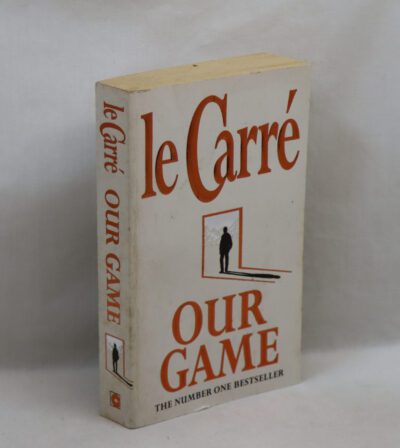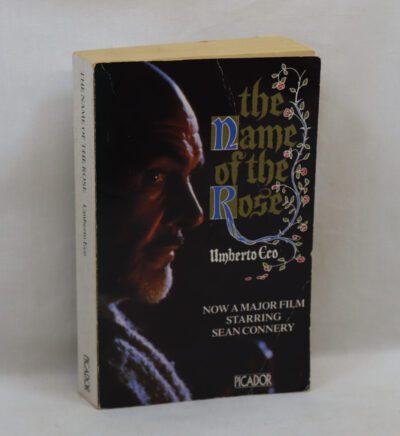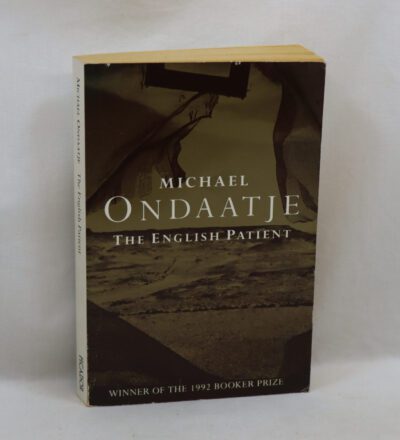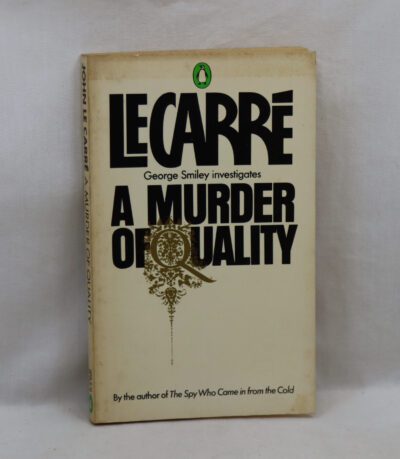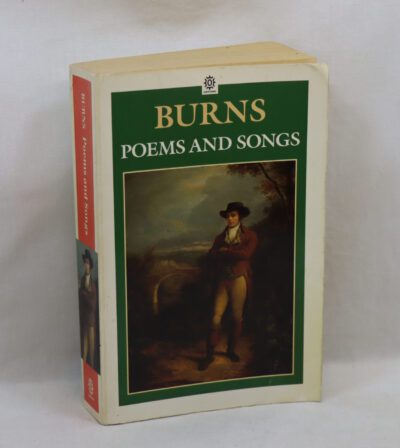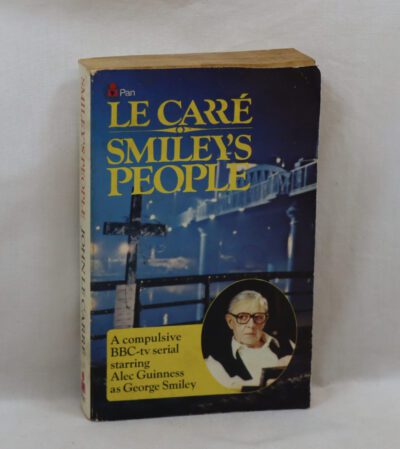Swing Symphony.
By Christopher Lawrence
ISBN: 9781740512107
Printed: 2004
Publisher: Knopf. Milsons Point, NSW
| Dimensions | 14 × 19 × 2 cm |
|---|---|
| Language |
Language: English
Size (cminches): 14 x 19 x 2
Condition: Very good (See explanation of ratings)
Item information
Description
In the original dustsheet. Black cloth binding with gilt title on the spine.
-
F.B.A. provides an in-depth photographic presentation of this item to stimulate your feeling and touch. More traditional book descriptions are immediately available.
-
They did middleage so much better in the Middle Ages. In 1300, when Dante Alighieri, “midway in the journey of our life”, found himself “in a dark forest”, we got The Divine Comedy. These days we get twee narratives about how the author, hitting middle age, learned again to dance on tables, took a new lover or feasted on baguettes and vin ordinaire, usually in the south of France.
-
This fact has not escaped either the author or the publishers of Swing Symphony. “Another Midlife Adventure in the South of France” it says on the front cover, apparently in the hope that if we’re told that up front we won’t mind that it’s another midlife adventure in the south of France.
-
So how much detail do you really need?
-
Christopher Lawrence, formerly a music broadcaster on ABC radio, hits middle age and decides that he has never learned to (or perhaps no longer can) swing. No, we’re not talking medallions, jacuzzis and sad foursomes – he wants to swing like the great swing musos of the 1930s and ’40s: “Find a new rhythm. Play a better song.”
-
This is not a plan. It’s just a vague metaphor and Lawrence has an unhappy way with metaphor.
-
“People still love that music,” he says of swing, “still breathe that wind, as a tonic, for the liberating force of its rhythm, the attractive fragrance of its exotica, its loose fun.” If you like that thicket of mixed metaphors, if you think you know what phrases such as “the attractive fragrance of its exotica” actually mean, then you might like this book.
-
Anyway, off we go to the south of France, where the populace is every bit as tiresomely colourful as you’d expect it to be, and among the greying strangers is one referred to here as “Booker”, pianist, sometime broadcaster in Australia and expert on swing music (attentive listeners to ABC radio will know who he is). It’s Booker who introduces Lawrence to the delights of swing on old vinyl, thus helping to provide us with the best bits in the book.
-
Lawrence turns out to be a very good swinger. He can tell us how Duke Ellington played in New York in 1937 and what George Shearing did in London in 1942; he can tell us how Artie Shaw plays clarinet and what stride piano players do.
-
So why didn’t he simply write a book about swing? Why do we have to sit through a book of oldster angst? Lawrence himself provides an answer. He tells us that “intense self-absorption” is “the main psychic affliction of men over 40”. Well, perhaps it is, but it’s not altogether unknown in men of about 20, either. The important question is what are you going to do to get over it?
-
This lesson is offered to Lawrence on a plate, but he largely ignores it. About two-thirds through his book, he finds himself arguing with a professor about the operas of George Frideric Handel. The professor thinks that these great works: dramas such as Giulio Cesare and Alcina, slow and formal though they might sometimes seem to be, have something urgent to say about the human condition in general and the Christopher Lawrence condition in particular.
-
It’s a conversation more revealing than Lawrence seems to realise. Handel wrote Giulio Cesare just before he turned 40. Alcina was produced when he was 50 and he still had ahead of him all the great oratorios, from the magisterial Messiah to the achingly beautiful Theodora and much else.
-
But Handel didn’t waste time going to the south of France to have a midlife crisis. He just got on with the job.
-
Alan Saunders presents The Comfort Zone on ABC Radio National. His first novel, Alanna, was published by Penguin in 2002.
Want to know more about this item?

Related products
Share this Page with a friend



